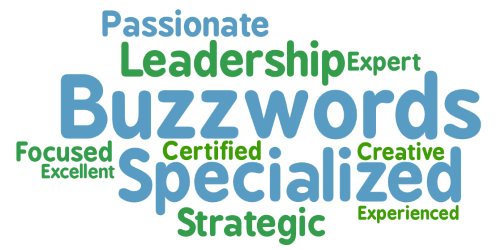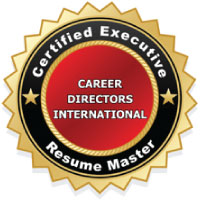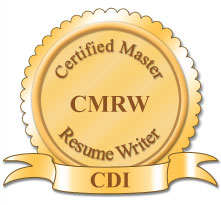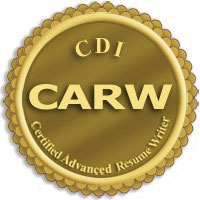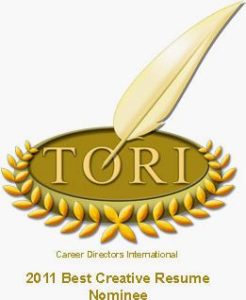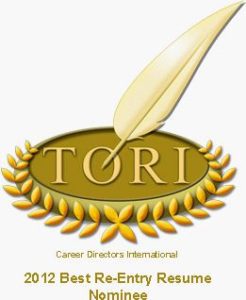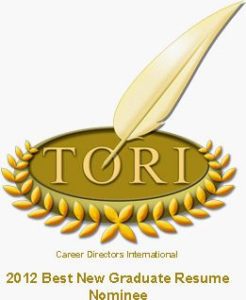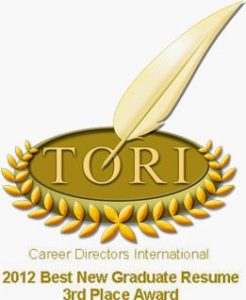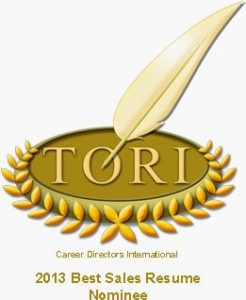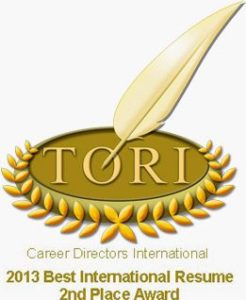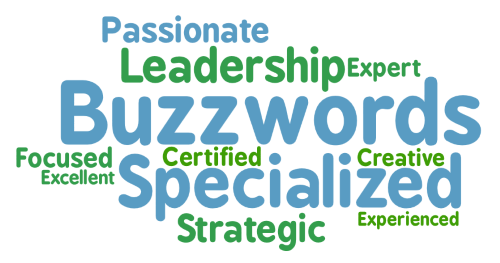 LinkedIn’s 2017 Buzzwords Are Out!
LinkedIn’s 2017 Buzzwords Are Out!
Even in the midst of big changes at LinkedIn, the company has stuck to its annual tradition of posting a list of overused buzzwords. As they say, they “want to help you start the year of right”—and one way to do that is by writing a LinkedIn profile that doesn’t sound like everyone else’s.
LinkedIn has gotten a sense of humor this year! They provide some amusing examples of profiles from the likes of Queen Victoria, claiming to be a “reliable monarch with a proven track record in governing empires,” and Leonardo Da Vinci, a “detail oriented self-starter with experience in drawing.” Point made!
Why Do We Use Buzzwords?
LinkedIn did some additional delving into why people continue to use buzzwords when everyone else is using them. They identified four main factors: Ease of use and the effort required to be creative; the sense that if other people are using the buzzwords, those people and their words must be right; the desire to “fit in” to a group or industry; and a lack of confidence in conveying one’s own achievements. While these explanations have value, I have some other thoughts on LinkedIn’s list, which I will share in a moment.
The List
Following is this year’s list of words to avoid. But I say take LinkedIn’s admonishment to “avoid” them with a grain of salt. Maybe there’s a good reason a lot of people use these words. Maybe some of them are important and actually work! Let’s take a look:
- Specialized
- Leadership
- Passionate
- Strategic
- Experienced
- Focused
- Expert
- Certified
- Creative
- Excellent
Here are my thoughts on the top five:
Specialized. This word appears on the list for the first time ever. How interesting that a word meant to make someone stand out has the effect of sounding distinctly un-special. To avoid “specialized” or “specialize” in your profile, simply state what you do, and it will be clear to your audience that you specialize in whatever that is. Recruiters are only searching on the term “specialized” if they are looking for skills in specialized equipment or specialized programs. So banish the buzzword if you don’t have one of those specific skills.
Leadership. This is a tough one. Isn’t leadership the thing that everyone is looking for? I can’t see stripping it out of every leader’s profile, especially because it appears in 10 of LinkedIn’s approved Skills. Don’t overuse the term, but don’t avoid it if it’s integral to what you do. Here are effective keywords that include the buzzword and that you should continue to include in your profile if they describe you:
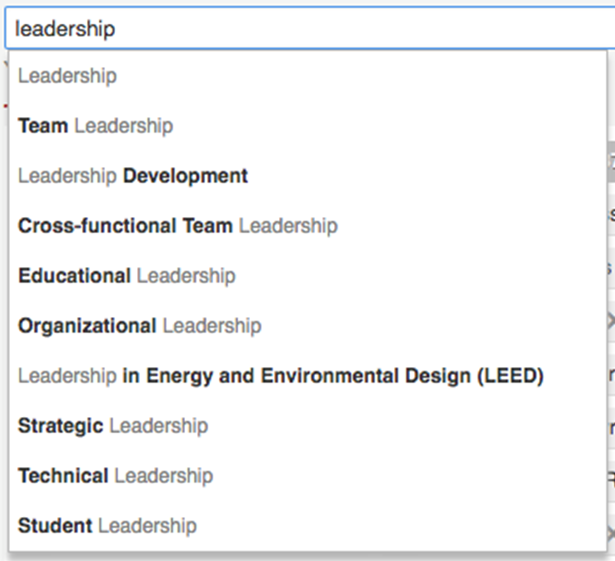
Passionate. Demonstrate your passion! Let us hear the excitement in your “voice.” Tell us stories of how you went after things you wanted and completed challenging projects with energy and enthusiasm. Saying you are passionate is a cop-out, as demonstrated by its move to 3rd place from 4th last year. Good writing will exude passion without relying on the term itself.
Strategic. This is another tough one, since phrases that contain “strategic” comprise 10 actual core competencies/skills that recruiters search for on LinkedIn. Use the word sparingly, but I would not recommend eliminating it from your profile if it’s a keyword for your industry.
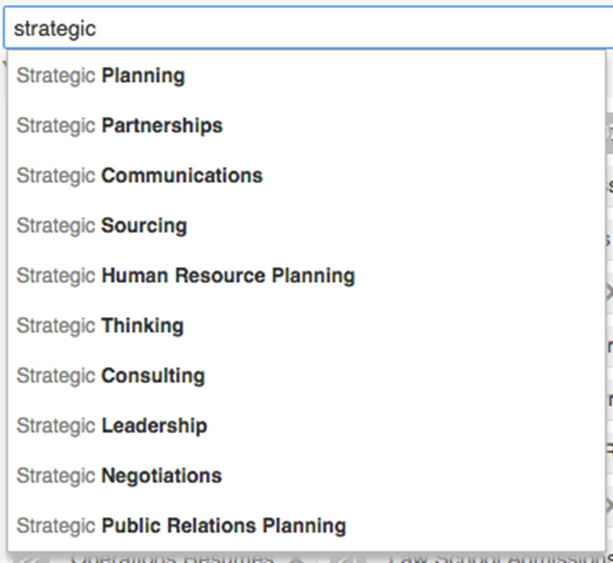
Experienced. Okay, yeah, this is overused. I personally like to state the number of years of experience a client has in an industry to show a depth of, well, experience. But saying you have “12 years of experience” is different than claiming to be “experienced.” LinkedIn does have four Skills that include their self-identified buzzword. But if you’re defaulting to the adjective “Experienced” to describe yourself, look for other ways to convey how many years you’ve been doing what you do and how well you know your field.
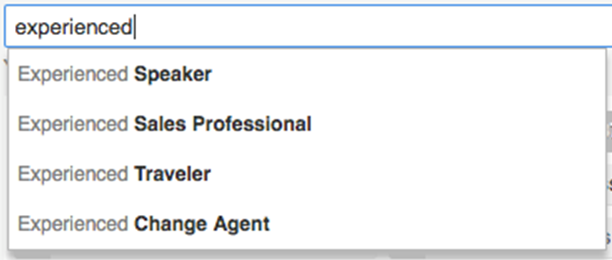
What do you think about the remaining five buzzwords, Focused, Expert, Certified, Creative, and Excellent?
Don’t Overdo It!
Whatever our opinions on any individual buzzword, the clear fact is that putting more than one buzzword in a sentence or phrase is not going to make you stand out. It doesn’t work to default to a string of these terms in an effort to sound good, and doing so will have the opposite effect. Leonardo Da Vinci’s fake headline above is a great example of the downside of overused terminology.
But you are not going to avoid using all these buzzwords!
My advice: Use them in moderation. Be aware. Do your best to find other alternatives. And if there are not alternatives, use the buzzwords, very carefully, with pride.

